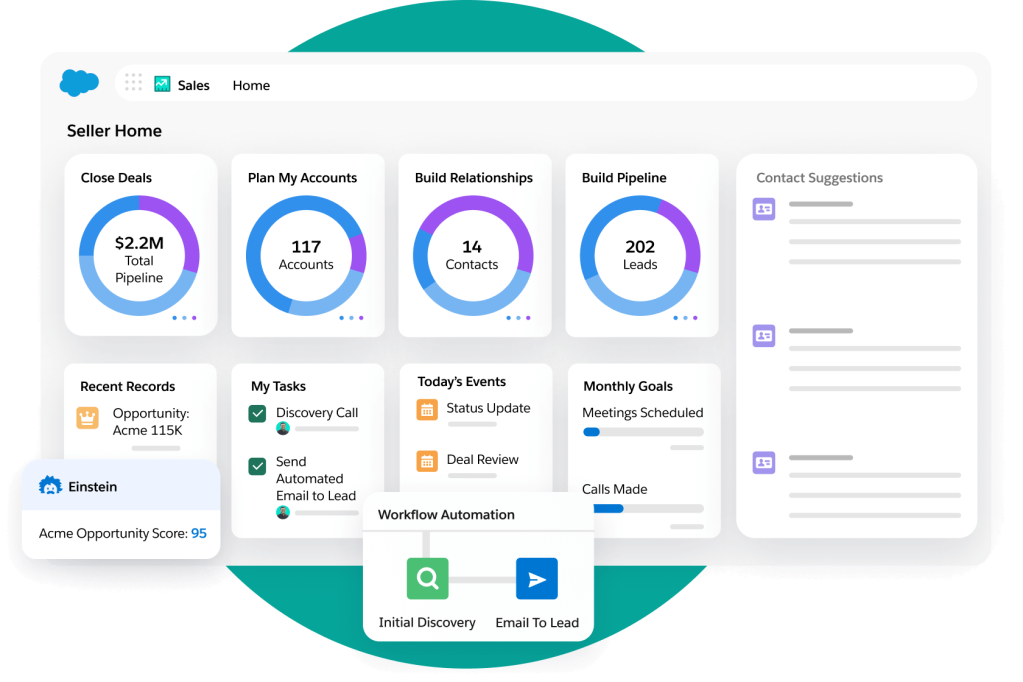What is ESG? A Beginner’s Guide
As the world grapples with climate change and sustainability, organizations are increasingly adopting Environmental, Social, and Governance (ESG) practices. These practices not only align with global goals but also offer operational benefits. In this blog post, we’ll explore essential tools for ESG and highlight the advantages of achieving Net Zero.
Tools for ESG
- Net Zero Cloud by Salesforce1:
- Automated ESG Reporting: Reduce financial and compliance risk by automating ESG reporting. Net Zero Cloud allows you to track and report on environmental footprints across scopes 1, 2, and 3.
- Integration and Connectivity: Connect ESG data with other apps, systems, and suppliers for maximum efficiency and returns.
- Einstein AI: Leverage AI to streamline ESG reporting processes.
- The Net Zero Tools Library:
- This comprehensive library includes tools for:
- Measuring greenhouse gas emissions.
- Developing net-zero strategies.
- Refining climate justice approaches.
- Reducing emissions in supply chains.
- Identifying quality offset projects.
- Reporting progress.
- Forming partnerships.
- This comprehensive library includes tools for:
Benefits of Net Zero
- Attracting Investment:
- Investors increasingly consider ESG factors. Demonstrating commitment to sustainability attracts responsible investors.
- Cost Reduction:
- Net Zero initiatives lead to cost savings through energy efficiency, waste reduction, and streamlined processes.
- Customer Engagement:
- Consumers appreciate environmentally conscious companies. Net Zero efforts enhance brand reputation and customer loyalty.
- Brand Development and Growth:
- Being Net Zero-certified sets you apart from competitors and positions your brand as a leader in sustainability.
Conclusion
Investing in ESG tools and striving for Net Zero isn’t just about compliance—it’s about creating a better future for our planet, our businesses, and our communities. Let’s embrace these opportunities and build a more sustainable world together! 🌎🌿







